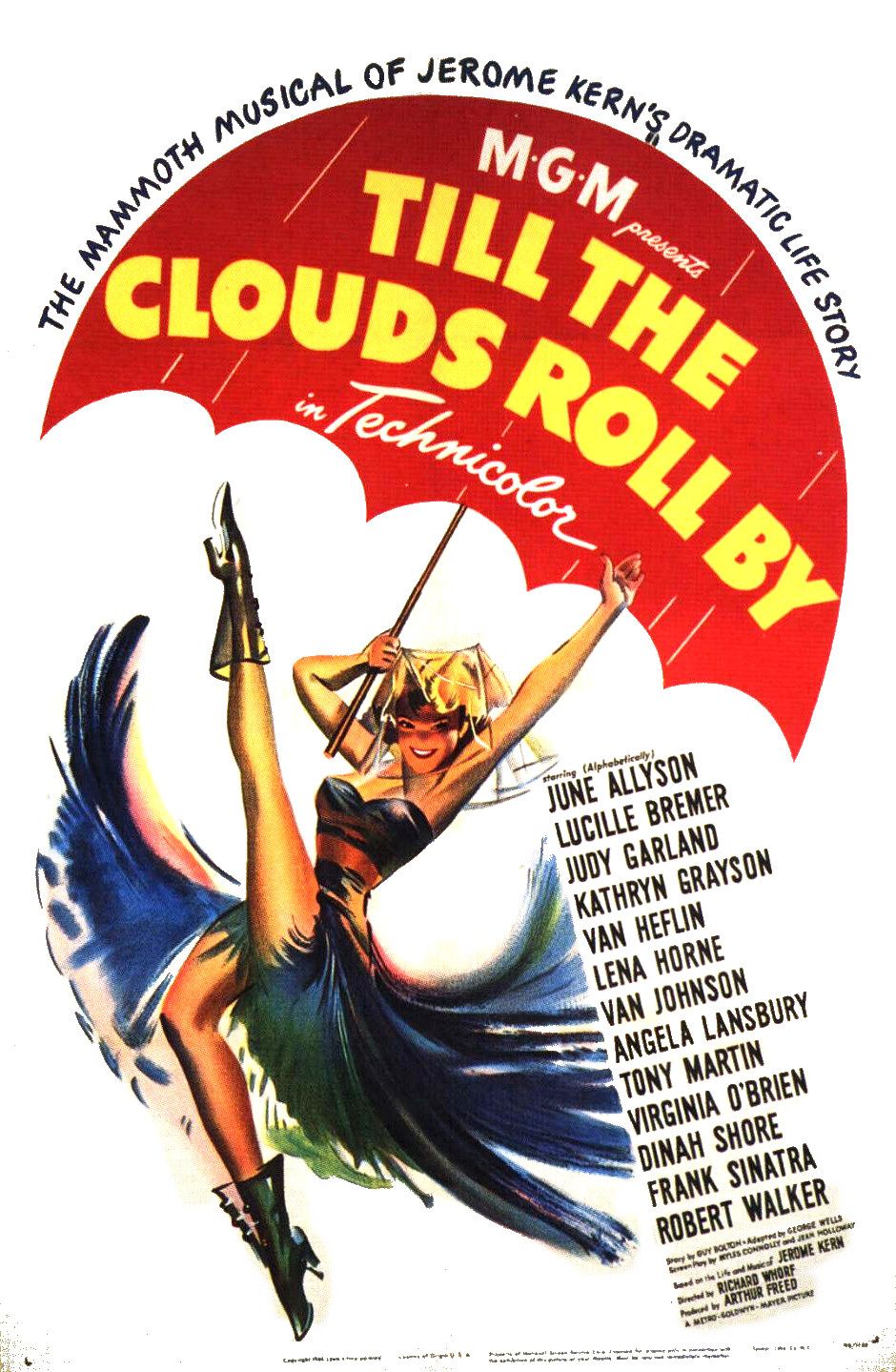Recently, I critiqued a submission for our weekly writer’s group meeting. I found an obvious error in this sentence: “I’ll be in the office till noon.”
Till is something you do to the ground, I thought, as I changed till to until.
After a moment, it occurred to me that, since the word appeared as spoken dialogue, maybe it should be written as ’til. The more I thought about it, I swore I’d seen til used without the apostrophe. Suddenly, I wasn’t sure about the whole thing.
I stopped critiquing and started researching.
It turns out, I was flat-out wrong from the start.
The first of these words to appear in English literature was till. It appeared around the year 800. Until doesn’t show up until around 1200 – created by appending the prefix und (meaning up to) to till.
That means that ’til is improper, since till was the original word.
I also learned that til is not a real word.
In summary, here are the rules:
Till is technically the most accurate.
Until is an acceptable (and more common) alternative.
‘Til should be avoided.
Til is not a real word.
Sources:
- Dictionary.com’s entry for till.
- The Maven’s Word of the Day for June 5, 1998 at RandomHouse.com
- World Wide Words post titled Until, Till and ‘Til.
Comments
Related Posts

Choosing a Pen Name
When I learned that a half-dozen other authors using variations of my real name had books in print, I decided I needed a pen name.

Pantser to Plotter
My brother wrote, “I’m a pantser. My guess is that you’re a plotter.” He was only partly right. Things aren’t always black or white.

Is it All Right to Write Alright?
Is it all right for you to write alright? Here’s what you need to know to get it right.

How To Make Your Posts Facebook Friendly
You compose posts that are interesting and informative. You want people to read and share them. But have taken time to make your posts Facebook friendly?


